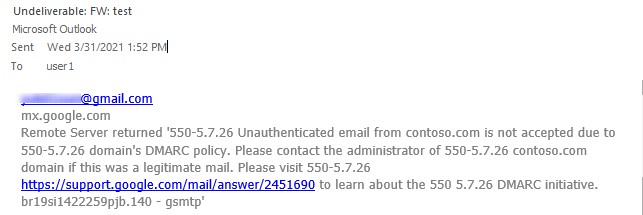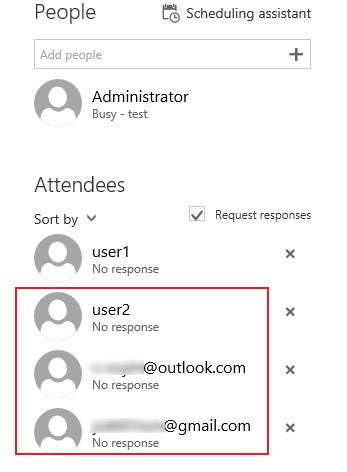Hi @Ferry van Steen ,
However, if he forwards a meeting, most headers are rewritten, but the 'From' header still lists the original sender.
I tried to test in several different versions of Exchange(Exchange 2016, Exchange 2019 and Exchange Online), it seems to me that it's an expected behavior that the From field remains as the original sender when a meeting request is forwarded.
Let's say a meeting was sent from Administrator to User1, then User1 forwarded the meeting request to User2(in the same domain) and an external user. When I checked the message headers of the meeting request received by User2 and the external user, the From field still shows as Administrator who is the original sender, the return-path and the sender field is shown as User1:

As per your concern about this doesn't occur when a normal message is forwarded, based on my test, this could be related to the difference that when we receive a forwarded meeting request, it displays as "<actual sender> on behalf of <original sender>", but in a forwarded mail, it only shows the actual sender.

That being said, regarding the issue described in the original post, could you help collect the information below for further troubleshooting:
- By "he can't forward meeting requests to several of his private domains", do you mean the issue only occurs when this particular user forwards meeting requests to some particular domains?
- Did he recieve any NDR when it happened? If so, any detailed information included in the NDR message?
If an Answer is helpful, please click "Accept Answer" and upvote it.
Note: Please follow the steps in our documentation to enable e-mail notifications if you want to receive the related email notification for this thread.


